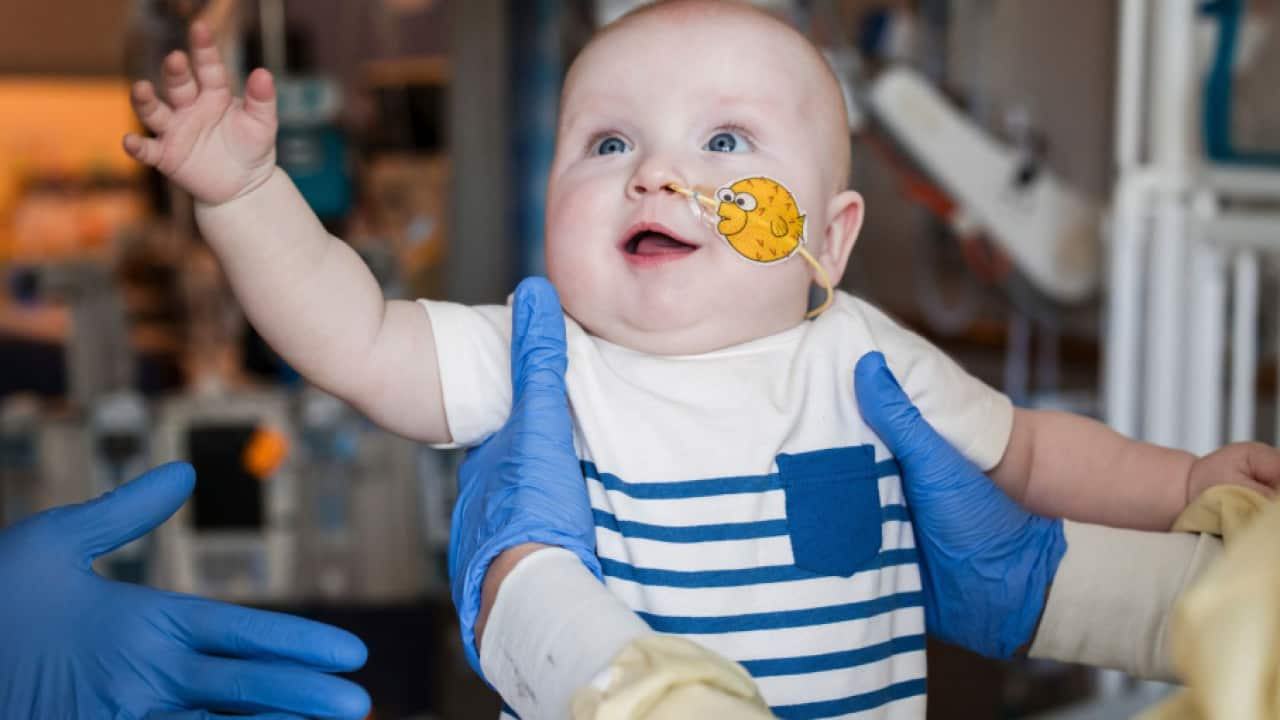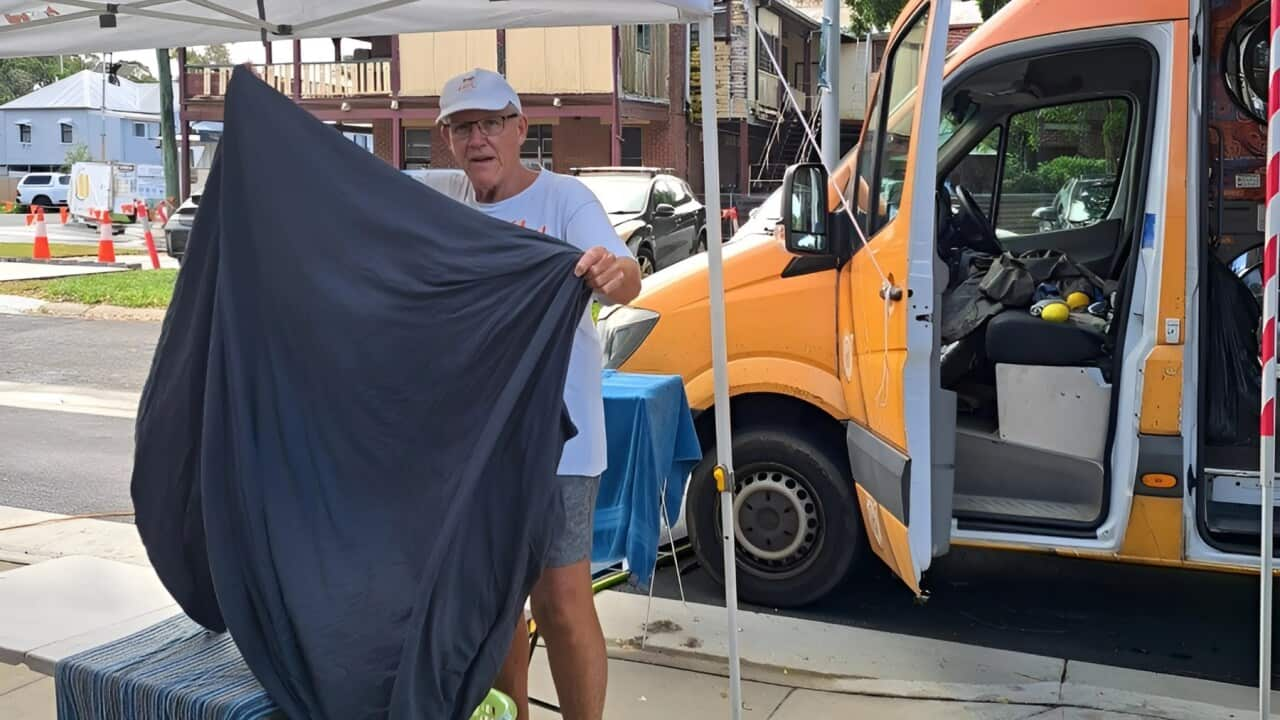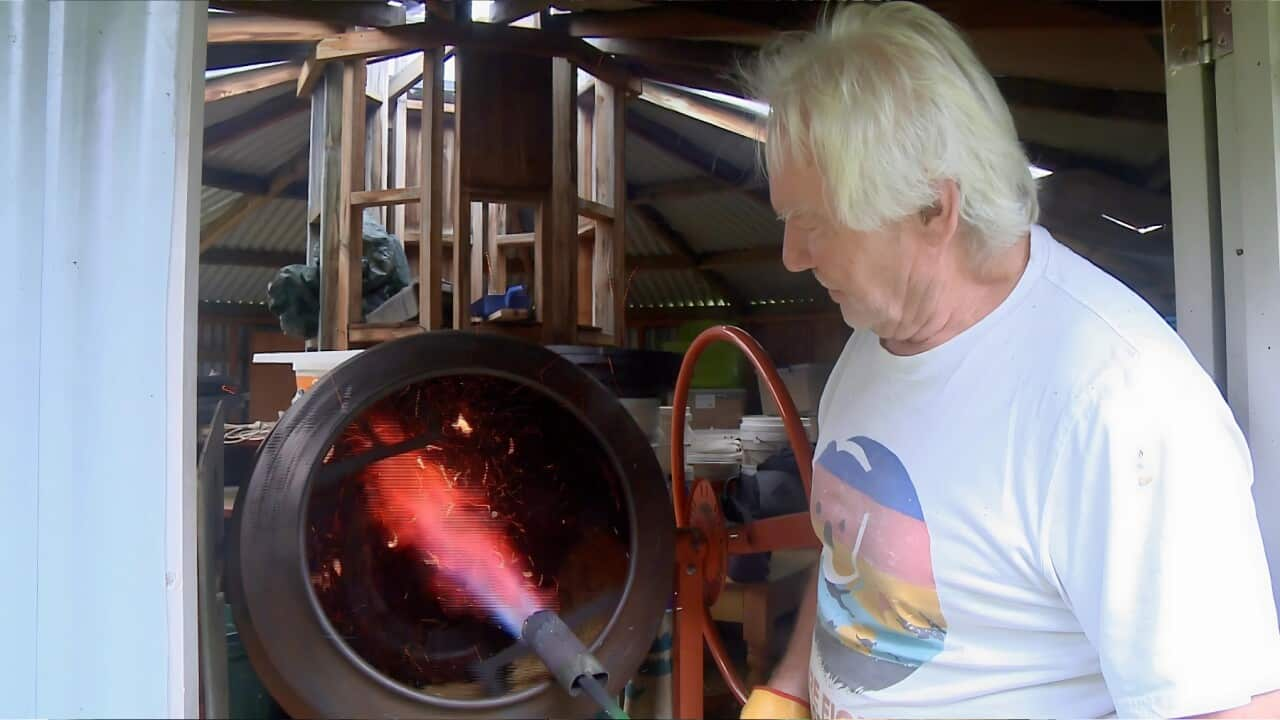TRANSCRIPT
"I'm very hopeful for a deal. I've been calling for a long time for the immediate and unconditional release of the hostages. This is an unlawful act under international law. It's an atrocity, it’s a war crime."
That's the UN's senior expert on torture, Alice Jill Edwards, touring the southern Israeli kibbutz communities attacked on October 7 by Hamas militants.
But as she reassures the mother of an Israeli hostage that a ceasefire deal is on the horizon, she's interrupted by the sounds of a helicopter shooting in nearby Gaza.
Alice Jill Edwards: "I will do what I can, and its hopeful the next deal, I know it's a big rollercoaster ride…" (Shooting sounds)
Simona Steinbrecher: "It was all the time the same like this."
That interaction reflects the way ceasefire talks have played out during each attempt.
As promises of a deal surface, negotiations stall and fighting only intensifies.
A round of talks in mid-October failed to produce a deal, with Hamas rejecting a short-term ceasefire proposal.
But as top officials from the US, Qatar and Egypt resume their mediation efforts, they're reporting a possible end to the months-long deadlock.
Israel's ambassador to the UN Danny Danon says a deal is closer than ever – and may even be struck by the year's end.
"I hope that [unintelligible] will finally wake every member of the Council to the urgent plight of the hostages and compel all nations to demand their immediate and unconditional release. As we speak, negotiations on a hostage deal are ongoing. We hope we can achieve a deal. You know, after many rejections by Hamas, we hope we going to have some news before the holy day of Hanukah and Christmas."
Pressure on the UN Security Council to achieve a deal is mounting.
During a gathering overnight, Michael Levy, the brother of Israeli hostage Or Levy, has condemned members for their inaction.
He is among 100 hostages still held by Hamas.
It is not clear how many of those people are still alive.
"Your silence is deafening. Your inaction is suffocating. For every day this council fails to act, the message to the world is clear – that some lives are worth saving and others are not. But I refuse to accept that message. I refuse to accept a world where my brother's life can be used as a bargaining chip and be forgotten."
Assistant Secretary-General for the Middle East, Asia and the Pacific Mohamed Khaled Khiari has told members a ceasefire in Gaza is long overdue.
"The continued collective punishment of the Palestinian people is unjustifiable. The relentless bombardment of Gaza by Israeli forces, the larger number of civilian casualties, the blanket destruction of Palestinian neighbourhoods and the worsening humanitarian situation are horrific. The widespread devastation and deprivation resulting from Israel's military operations in north Gaza, especially around Jabaliya, Beit Lahiya and Beit Hanoun, are making the conditions of life untenable for the Palestinian population there."
And Algeria's ambassador Amar Bendjama says Gaza has turned into a graveyard for the living.
"In Gaza, people are not living. They are simply waiting to die. As the Secretary-General himself recalled, the catastrophe in Gaza is nothing short of the complete breakdown of our common humanity."
It's also turned into a graveyard for children.
Sabreen Tafesh is collecting the remains of her aunt and niece, among 20 people killed when Israel bombarded a UN-run school in Gaza's southern city of Khan Younis.
The Israeli military said the compound served as a training camp to prepare and plan attacks against Israeli forces.
"I would say that the majority of those killed were children. They were victims early in ages including three, five, seven, and eight. What fault they might have committed to become victims. Two of them were my aunt and her daughter. I can't have any explanation to what happened as they were civilians who had nothing. They were civilians who had been staying safe and suddenly they are gone. Why?"
As the final details of a plan are negotiated in Qatar's capital, civilians in Gaza hang in the balance.
The Palestinian death toll since October 7 has now exceeded 45,000, with more than 107,200 others injured, according to Gaza-based health authorities.













